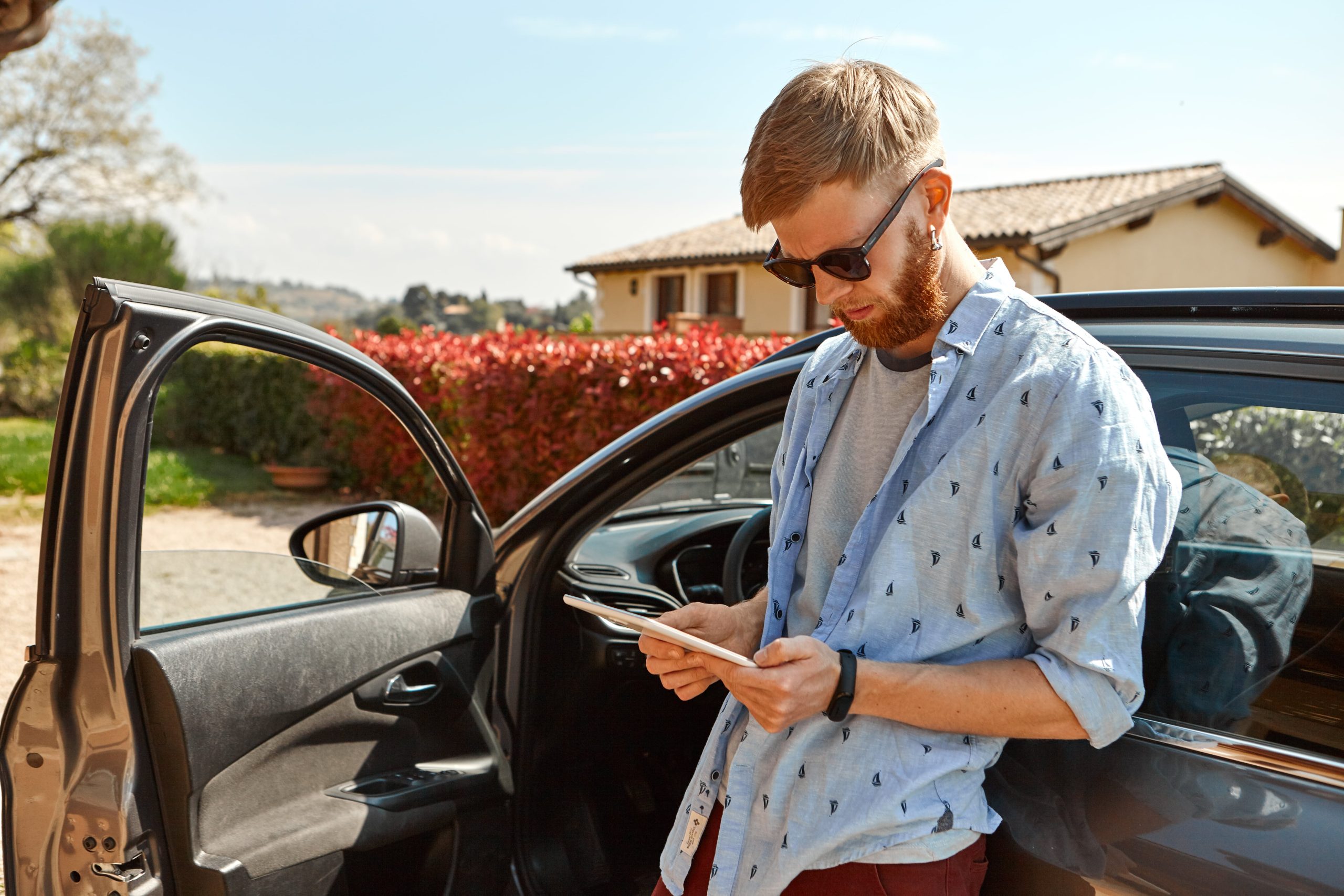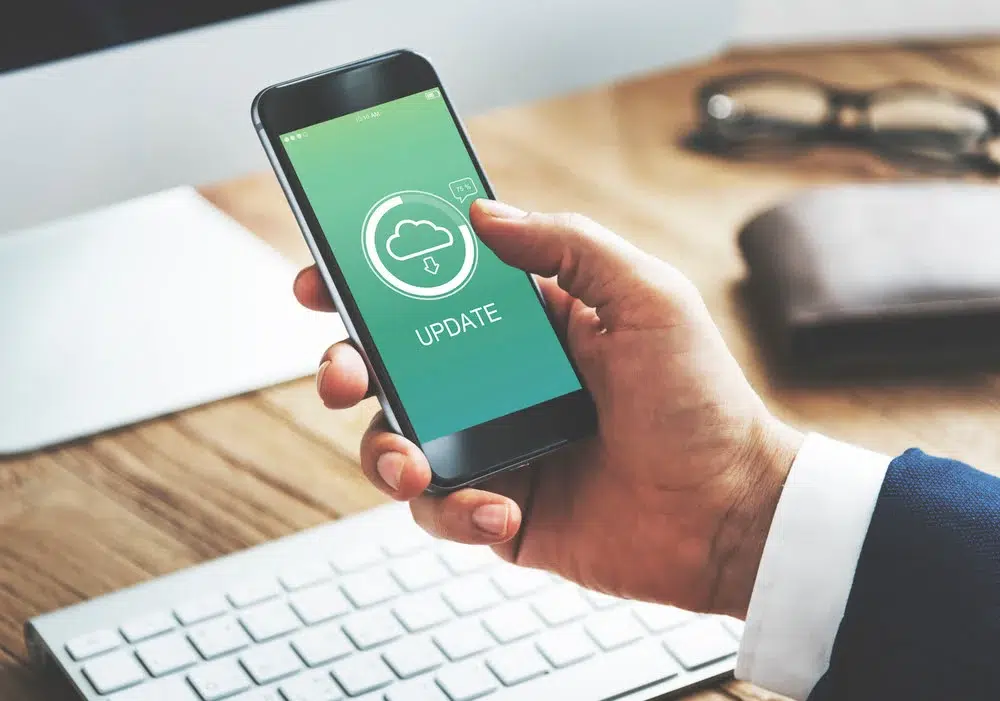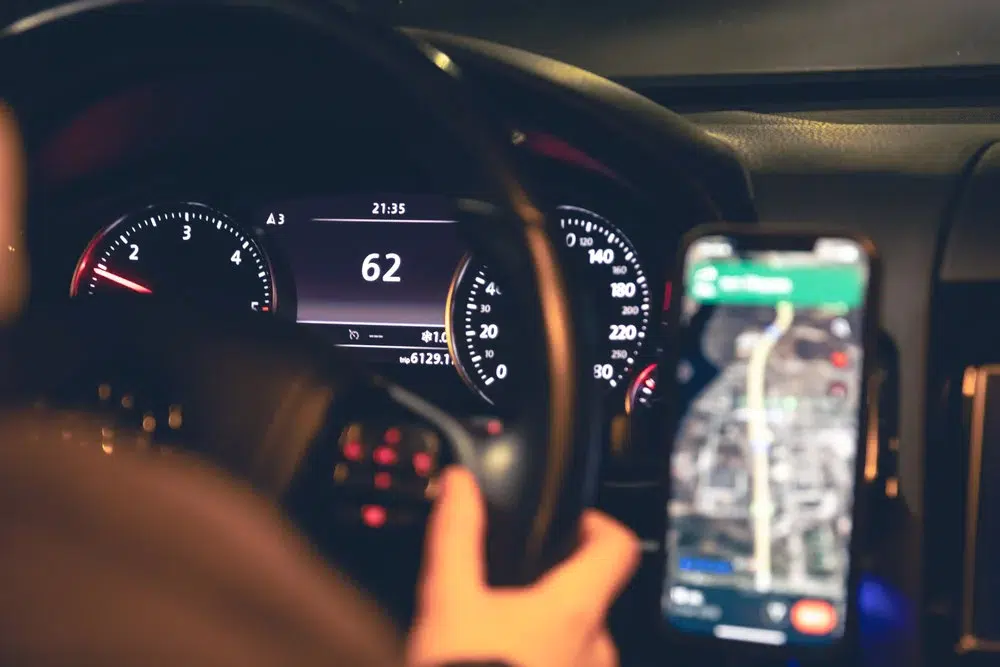Last Updated: December 2, 2024
When it comes to tracking your mileage for tax purposes, it’s not just about keeping track of the miles you drive for business purposes – it is also paramount to log your personal miles. This includes any miles driven for personal reasons, such as commuting or running errands.
In this article, you can find your designated personal miles management tips a’la MileaegeWise.

Why should I keep track of my personal miles?
Although the IRS does not require you to track personal miles in your mileage log per se, they do require you to separate your annual total mileage into 3 parts – business miles, commuting miles, and other personal miles (which are not commuting).
Numerous taxpayers who have been audited by the IRS indicated that keeping a personal mileage log assisted them in providing the necessary paperwork to substantiate the accuracy of their deductions. The IRS may request evidence to back up taxpayer deductions, and maintaining a comprehensive contemporaneous mileage log can make this process much easier.
Tracking personal miles helps to avoid potential IRS penalties and interest costs for erroneous or incomplete tax returns.
Another benefit of tracking your personal miles is that it allows you to identify areas where you may be able to reduce your driving and save money.
For example, if you notice that you’re driving a lot of personal miles for errands or leisure activities, you may be able to consolidate your trips or find alternative modes of transportation to reduce your overall mileage.
How can I effectively track my personal miles?
Using a mileage tracker app such as MileageWise is one of the most effective ways keeping track of mileage for taxes. With MileageWise, you can effortlessly log all of your trips and auto-classify them as either personal or business.
This makes it easy for the program to calculate the percentage of your total miles that were driven for business purposes, and to generate reports for tax purposes.
Track your personal miles without ANY extra effort
As you can see, tracking your personal miles is an important part of keeping accurate mileage records and can also be helpful in the event of an audit. From a financial standpoint, business/personal miles and travel savings for tax purposes go hand in hand when it comes to personal miles rewards optimization,
Although the IRS doesn’t require personal trips in your mileage log, it’s strongly recommended that you include them because it will provide clarity for both yourself and the IRS, since you need to separate your total business mileage, total personal mileage, and total commuting mileage for the year.
Also, logging your personal trips boosts the proficiency of MileageWise’s built-in IRS auditor function, which you need for an IRS-Proof result.
With a GPS mileage tracking app like MileageWise, tracking business and personal miles efficiently is easy, and can also help you identify areas where you can save money (e.g. in tax benefits) and reduce your overall driving, which results in eco-friendly personal miles usage, protecting the environment.
NOTE: Check the best personal mileage tracking tools on the market and see the differences for yourself.
Begin keeping track of your comprehensive mileage log today and streamline the tax season process while also providing a safeguard in the case of an audit.





